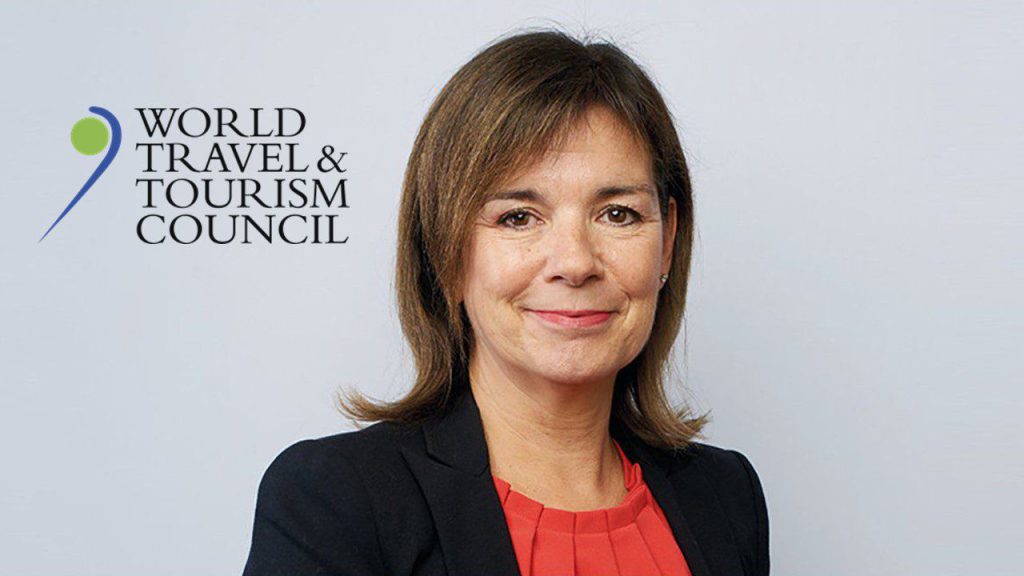
In an industry often caught between tradition and transformation, Julia Simpson, President & CEO of the World Travel & Tourism Council (WTTC), has emerged as a strong and steady voice of change. Over the past few months, through interviews, media interactions, and high-profile public engagements, Simpson has laid out a clear and compelling roadmap for the future of global tourism—one that prioritises sustainability, technology, and inclusion.
At the heart of her message is a firm belief that sustainability must be built into the DNA of travel—not added on as an afterthought. Simpson has been urging industry leaders to stop treating climate action as a PR checkbox and start treating it as a survival strategy. Her stance is pragmatic yet urgent: tourism can no longer afford to ignore its environmental responsibilities if it hopes to thrive in the years ahead.
Simpson also sees enormous promise in technology, particularly artificial intelligence, to reshape how tourism operates—especially in fast-growing regions like Asia-Pacific. But her take isn’t starry-eyed. For her, technology only works when it’s matched by leadership from the top and meaningful investment in skills on the ground. She points out how smart tech adoption is already helping businesses manage resources better and create more personalised experiences for travellers.
What sets Simpson apart, though, is her strong focus on the everyday players of the travel world—small and medium-sized enterprises. Far from limiting the conversation to big brands and large chains, she has consistently advocated for tools and support that help local businesses grow and compete. From WTTC’s affordable sustainability programs to multilingual support systems, her approach reflects a genuine commitment to shared progress—not just glossy headlines.
Across all her appearances, what comes through is not a string of buzzwords but a deep understanding of what the tourism industry needs right now: clarity, direction, and accountability. Simpson is calling for smarter decisions at the top, stronger support at the grassroots, and a renewed sense of purpose across the board.
In a sector still recovering from global shocks and adapting to new realities, Julia Simpson’s voice offers more than just influence—it offers a way forward.

